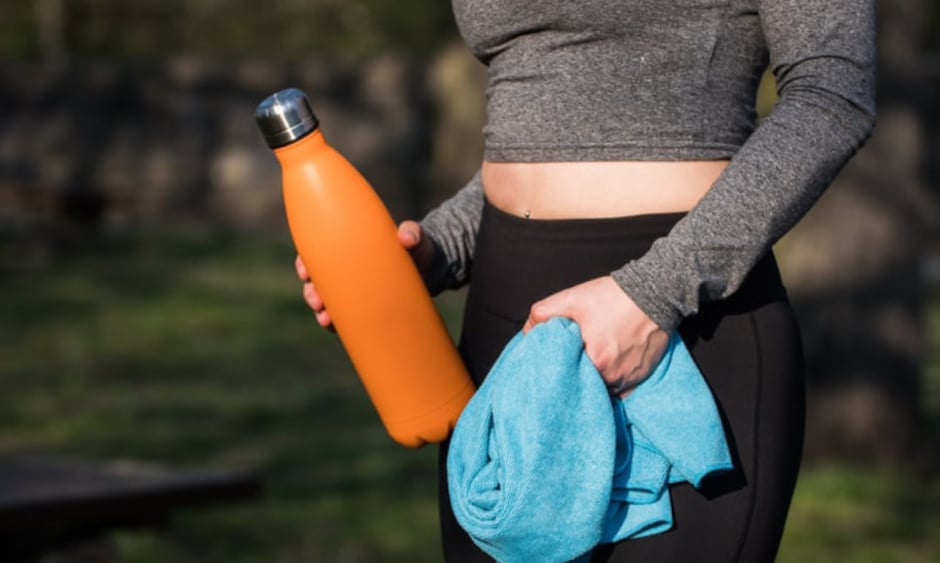PERIOD pain symptoms can be alleviated through exercising on a treadmill, according to the results of a clinical trial. The study suggests that in those with dysmenorrhea, which is believed to affect around 59% of the female population, undertaking this type of activity can lead to significantly reduced pain levels, quality of life, and daily functioning.
The findings appear to be contrary to conventional wisdom. Co-author Leica Claydon-Mueller, Senior Lecturer, Anglia Ruskin University, Cambridge, UK, said: “Women who have painful periods often take steps to actively avoid exercise: after all, when you are in pain, it is often the last thing you want to partake in.”
In around 20% of women who have dysmenorrhea, the pain is so severe that it impacts their daily activities, such as avoiding social situations. To date, however, the only available effective method of alleviating period pain are non-steroidal anti-inflammatory drugs. In this new study, the team wanted to understand the extent to which ‘treadmill-based aerobic exercise’ affects pain and symptoms of primary dysmenorrhea.
A cohort of 70 women aged between 18 and 43 years were divided into two groups: one undertook supervised aerobic training over a 4-week period, three times a week, beginning the day after their period had ended, before continuing with unsupervised treadmill exercise at home over the next 6 months. The other, control group, continued their usual pattern of care.
Those women in the exercise arm of the trial reported 6% reduced pain at the end of the 4-week period, and 22% less pain after continuing exercise over the next 6 months. Improved quality of life and daily functioning was also reported by the participants at the follow-up, although exercise appeared to have no effect on sleep quality.
“This trial demonstrated that exercise significantly reduced pain for those people taking part in the programme, and they also reported reduced pain levels after 4 and 7 months,” commented Dr Priya Kannan, School of Physiotherapy, University of Otago, Dunedin, New Zealand. “The improvements in quality of life scores after 7 months were noteworthy, although it was perhaps surprising that there was no significant difference in sleep quality to that of the control group.”








